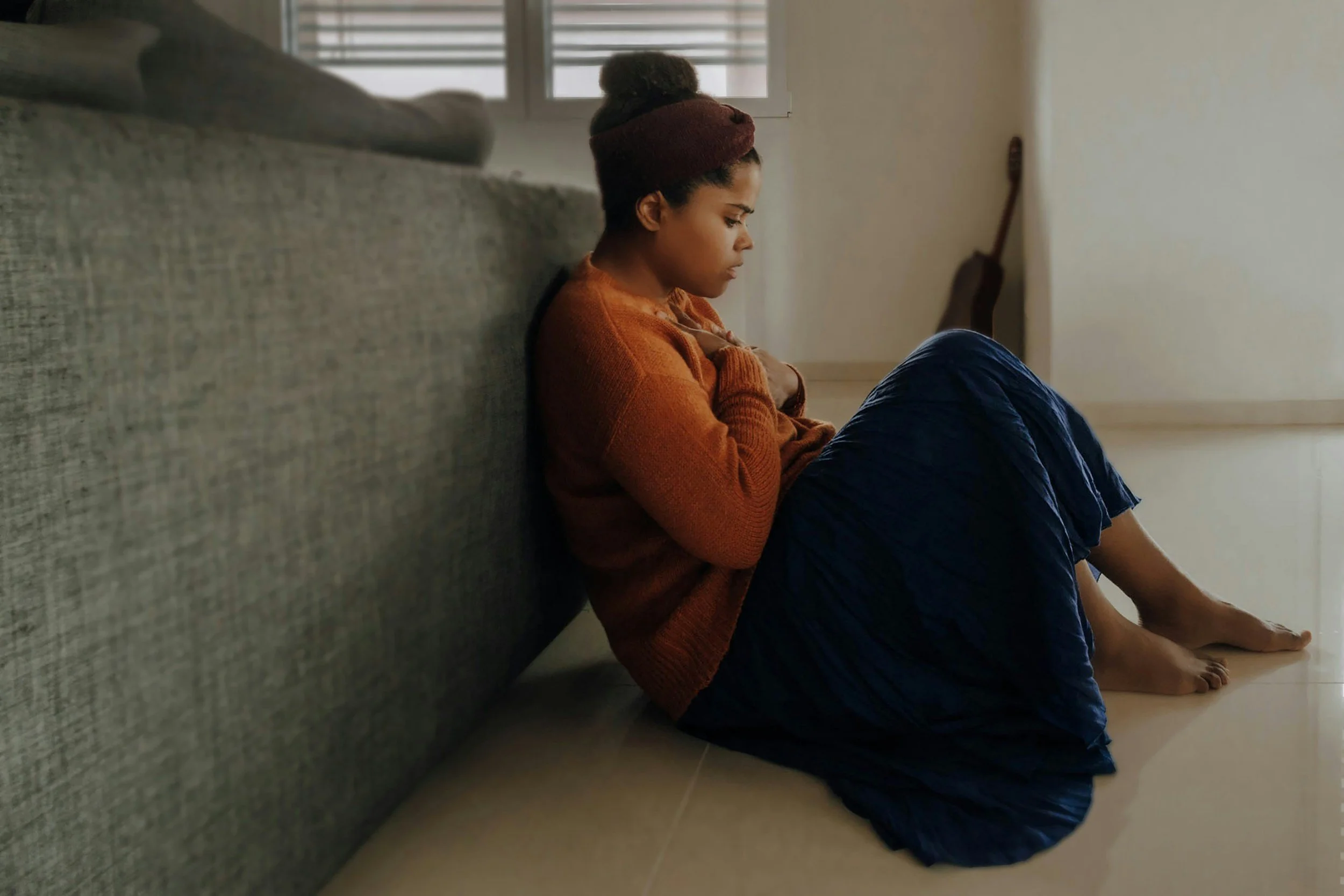
Anxiety Impacting Daily Function
When anxiety begins to interfere with your child’s ability to play, learn, or connect, therapy can help. We focus on understanding what’s driving your child’s stress—then build the tools they need to feel calm, confident, and capable.
Anxiety can show up in many forms—and it often looks different in children than adults. Some kids withdraw or avoid challenges. Others become irritable, have meltdowns, or struggle to transition between activities.
Sometimes anxiety is rooted in sensory processing differences, communication difficulties, or challenges with flexibility and motor planning. When those areas feel hard, everyday routines can become overwhelming.
At The Therapy Collaborative, our occupational and speech therapists work together to identify what’s driving those challenges—whether it’s sensory overload, difficulty expressing needs, or struggles with self-regulation.
Our therapy focuses on helping children and teens understand their emotions, build coping skills, and improve the daily routines that have become hard.
Occupational Therapy may focus on:
Sensory processing and regulation (helping the nervous system feel balanced)
Emotional awareness and body-based calming strategies
Building routines, transitions, and flexibility
Using movement and sensory tools to manage overwhelm
Speech Therapy may focus on:
Supporting expressive language for emotional communication (“I feel…” statements)
Social communication and coping through conversation
Reducing communication-related anxiety
Building self-advocacy and confidence
Therapy is individualized to your child’s needs—play-based, engaging, and grounded in evidence-based strategies.
We often see anxiety affecting:
School participation and learning
Friendships and social interaction
Sleep and daily routines
Transitions, flexibility, or trying new things
Eating and sensory-based feeding
Confidence and self-esteem
By addressing both the emotional and functional sides of anxiety, children and teens learn to regulate more effectively and engage more fully in daily life.
We don’t treat anxiety as “bad behavior” or something to suppress. We help children and teens understand their nervous system, build awareness of their triggers, and learn what calm feels like—so they can return to school, home, and play with confidence.
Every child deserves to feel safe in their own body and confident in their world. Let’s help your child find calm, connection, and confidence again.

